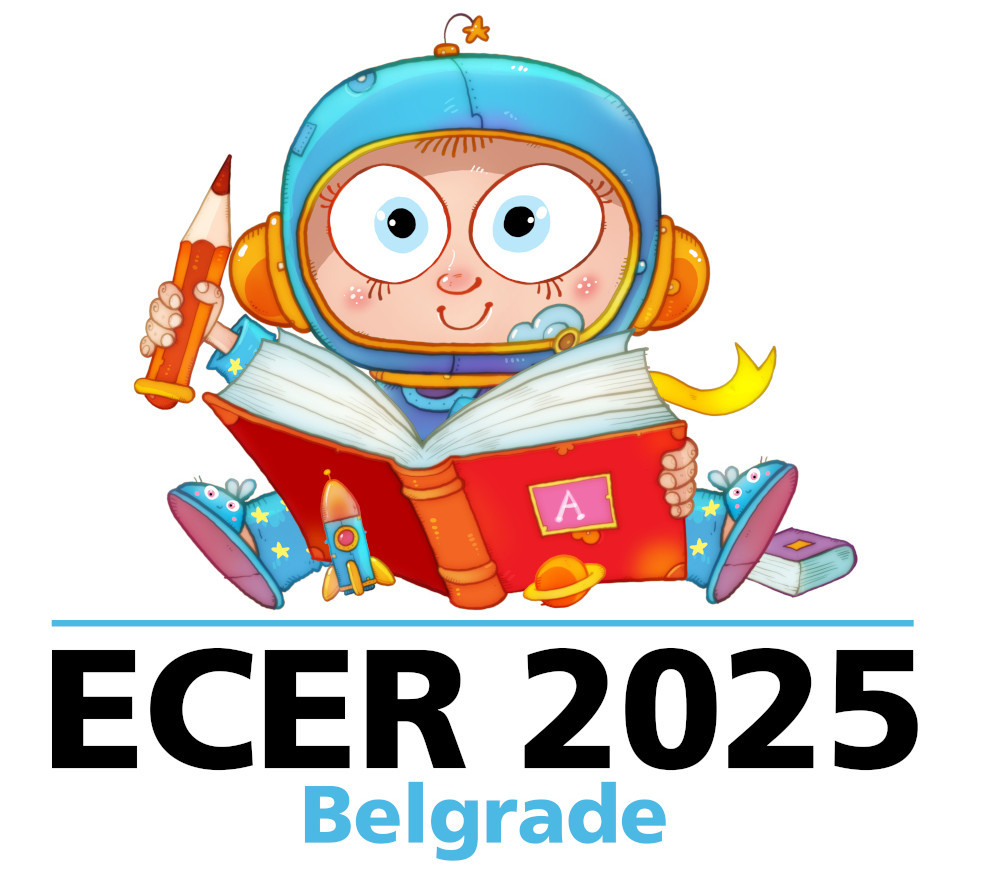- Speakers: Anna Aleksanyan (University of Graz, Austria); Heike Wendt (University of Graz, Austria); Elena Makarova (University of Basel, Switzerland); Alexander Hakobyan (Yerevan State University, Armenia); Blerim Saqipi (University of Prishtina, Kosovo); Basma Hajir (University of Bristol, England)
- Chairperson: Anna Aleksanyan (University of Graz, Austria);
- When: 00 SES 06 A / Wednesday, 10/Sept/2025: 13:30 - 15:00
- Location: Mak | Kinoteka | 1. Fl
Across the globe, educators and communities in conflict-affected and crisis-impacted settings are sustaining and reimagining education under conditions of uncertainty. This Special Panel explores how pedagogies emerge, adapt, and transform in zones marked by war, displacement, political collapse, and institutional breakdown. We ask: What becomes possible and necessary when education unfolds in contexts where certainty and sustainability is neither guaranteed nor promised?
While global policy frameworks (e.g., INEE, 2021; UNESCO, 2023) prioritize continuity and protection in emergencies, they often overlook the epistemological, ethical, and affective dimensions of education in uncertainty. Drawing from empirical research across Armenia, Ukraine, Kosovo, Iraq, Syria, Palestine, Turkey, this panel examines education not merely as a response to disruption, but as a generative force - a site of hope, resistance, cultural survival, and transformative potential.
The session conceptualizes uncertainty not only as a constraint but as a condition that fosters pedagogical reinvention (Bas & Schub, 2017; Capolla, 2024). As Freire (1970) and Bloch (1986) suggest, education in such contexts becomes an anticipatory act - a praxis of hope. We engage with theorizations of positive peace (Galtung, 2007), critical pedagogy (hooks, 1994; Giroux, 1997), and epistemologies of the South (de Sousa Santos, 2016) to frame education as both a tool for resilience and a transformative act of change.
In the session is highlighted education as a future-oriented act, echoing Bloch's (1986) "principle of hope" and Dewey’s (2023) call for uncertainty as a condition for reflection and reorientation. Education becomes not only continuity but transformation—a relational, participatory, and ethically charged practice shaped in liminal, contested, and creative spaces.
Key themes include:
- Situated and participatory pedagogies in post-conflict and post-displacement communities.
- Educational agency amid authoritarianism, occupation, and state failure.
- Informal and transnational learning models that challenge dominant frameworks.
- Ethical and methodological tensions of research in active conflict zones.
The session includes six short research presentations followed by a moderated roundtable and open audience dialogue. This Special Panel builds on the collaboration established at ECER 2024 and advances the conversation by shifting from navigating crises to enacting pedagogical transformation in settings marked by conflict, displacement, and systematic uncertainty. It builds on the research by speakers, who are engaged in the field of research on the topic for many years and these are also going to contribute to a forthcoming edited volume in development for the EERA Book Series.
Dr. Basma Hajir (University of Bristol)
Explores how educators and students navigate and resist systemic marginalization. Dr. Basmir is going to share her research over many years in Syria and Palestine. Her research emphasizes justice-oriented educational models. This is valuable opportunity to discuss.
Prof. Dr. Heike Wendt (University of Graz)
Draws on fieldwork with Yazidi youth and teachers in post-conflict Iraq to show how educators maintain continuity, address trauma, and rebuild local learning ecologies after genocide and displacement.
Dr. Elena Makarova (University of Basel)
Presents a participatory project School Transitions for Ukrainian Crisis Migrants in Switzerland, supporting refugee learners and families during transitions. Highlights institutional collaboration, cultural sensitivity, and multi-actor design of integration tools.
Dr. Alexander Hakobyan (Yerevan State University / Teach For Armenia)
Unlocking the Ocean of Potential and Transformative Education in Armenia's Border Zones, contribution combines field experiences to present a holistic model of education focused on self-regulation, agency, and inner resilience amid conflict and crises.
Prof.Dr. Blerim Saqipi
Lessons from Kosovo reflect on role of educational research in post-war Kosovo - how national education systems evolve under the shadow of conflict. Drawing from fieldwork and longitudinal analysis, Prof. Saqipi explores moments of pedagogical transformation, curriculum reform, and teacher identity redefinition during the nation’s recovery.

Important Dates ECER 2025
01.12.2024 | Submission starts |
31.01.2025 | Submission ends |
01.04.2025 | Registration starts |
01.04.2025 | Review results announced |
15.05.2025 | Early bird ends |
25.06.2025 | Presentation times announced |
30.06.2025 | Registration Deadline for Presenters |
08.09.2025 | ERC First Day |
09.09.2025 | ECER First Day |
Conference Venue
Main Building (Check-in etc):
University of Belgrade
Faculty of Philology
Studentski trg 3
Belgrade

Ed Research in Serbia
While preapring for ECER 2025, read the Blog Post introducing some specifics of educational research in Serbia.
Towards reconnecting within and beyond the educational research community in Serbia